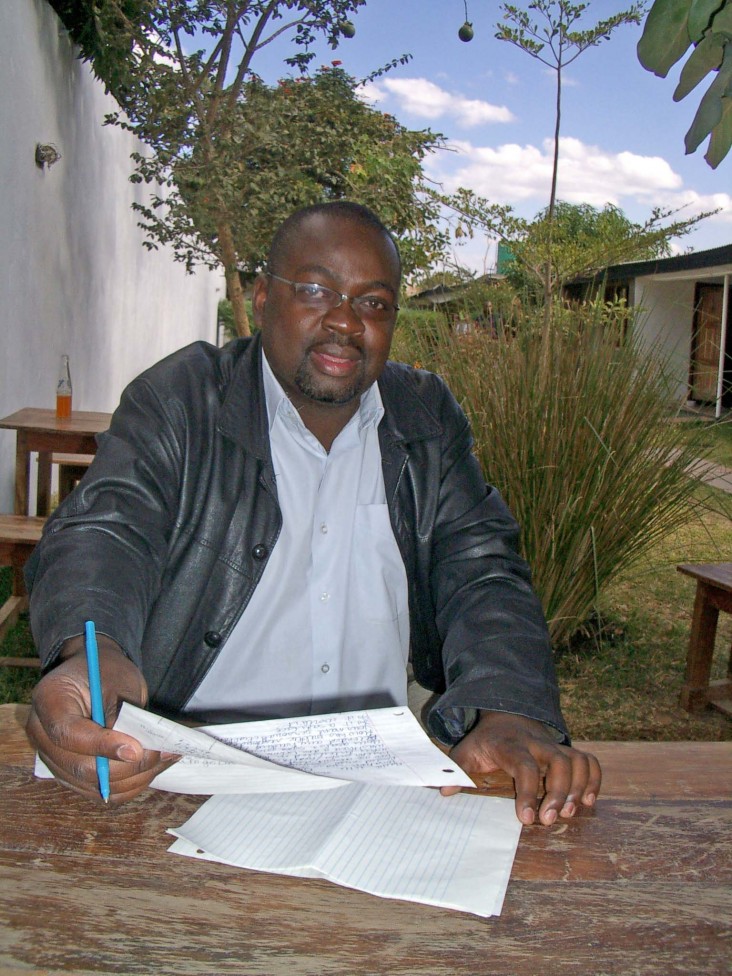
Since 2005, Dr. Abel Shawa has served as the health director for Isoka District in Zambia’s Northern Province. He is the first Zambian doctor ever to serve in this remote district. Previously, doctors in Isoka had been recruited from other countries, such as Cuba, the Democratic Republic of Congo and Russia.
“The community wanted a doctor who speaks their language. They are very happy since I’ve come. My culture is their culture. We have a very personal contact. They even make appointments with me when we meet in the street,” said Shawa.
Recruiting medical doctors to remote districts has long been a problem in Zambia, where rural postings offer few comforts and limited educational and professional opportunities. A health worker retention program is proving to be a successful strategy to attract and retain doctors such as Shawa in remote and disadvantaged districts.
USAID is supporting the Ministry of Health to retain 119 doctors, nurses, clinical officers and nurse tutors throughout Zambia. In addition to their salary, participating doctors receive an incentive payment that compensates for educational, transport and other costs associated with serving in a rural district. Government housing for these doctors is also upgraded as needed.
As the sole physician in Isoka District, Shawa contributes to maternal and newborn survival through assisting in complicated deliveries referred to the hospital, and by coaching staff in the maternity wards at rural health centers. He has also led the introduction of antiretroviral services for HIV/AIDS patients in the district.
“We have launched six centers providing ARV [antiretroviral] care for HIV/AIDS patients, and now have 594 patients on treatment. The rural health centers mobilize all of the patients who need counseling, testing, prevention, and medical care for HIV/AIDS. Using a mobile team approach, we visit the centers monthly. The team brings laboratory, pharmaceutical and medical supplies and equipment, and while providing care, we also train the staff,” he said.







Comment
Make a general inquiry or suggest an improvement.